In March 2025, Professor Yitzhak Hen, director of the Institute for Advanced Studies at the Hebrew University of Jerusalem / Israel and Professor Shigeto Kikuchi of the Graduate School of Humanities and Sociology, Division of European and American Studies at the University of Tokyo / Japan, were elected as new corresponding members of the MGH.
Shigeto Kikuchi’s Ph.D. thesis was published 2021 in two volumes in the MGH series Hilfsmittel under the title: „Herrschaft, Delegation und Kommunikation in der Karolingerzeit: Untersuchungen zu den Missi dominici (751-888)“ (Rule, Delegation and Communication in the Carolingian Age: Studies on the Missi dominici). The publication was very positively received, not only in Europe but also in Japan, where Kikuchi was honoured for his achievement with the land’s highest scholarly award, the Japan Imperial Prize 2024. The prize is awarded annually to two scientists in the presence of the Emperor and Empress of Japan. Kikuchi was the first to receive the decoration for studies in the field of European Medieval history.
Yitzhak Hen‘s research focuses on the Early Middle Ages, particularly on the Merovingian and Carolingian Ages. His publications include palaeographic studies, an English translation of Einhard’s Vita Karoli Magni, and studies on Gregory of Tours. In 2022, Hen’s lengthy discussion of the MGH‘s virtual exhibition showcasing the experiences of six MGH scholars of Jewish origins drew the exhibition to the attention of the Israeli and American press. His election as corresponding member inaugurates a closer working relationship with the Monumenta, in which Yitzhak Hen will be publishing a new MGH edition of Odo of Cluny’s Vita Gregorii Turonensis.
The scholars elected as corresponding members of the Monumenta Germaniae Historica by the central board of directors are generally distinguished editors. Currently, our international panel of corresponding members includes 1 scholar from Belgium, 4 from Germany, 7 from France, 4 from Great Britain, 2 from Israel, 7 from Italy, 2 from Japan, 1 from Norway, 3 from Austria, 1 from Russia, 2 from Switzerland, 2 from the Czech Republic, 9 from the USA, and 4 from the Vatican City. They are all a great win for the scientific community and help to strengthen the international scholarly networks of the MGH.


